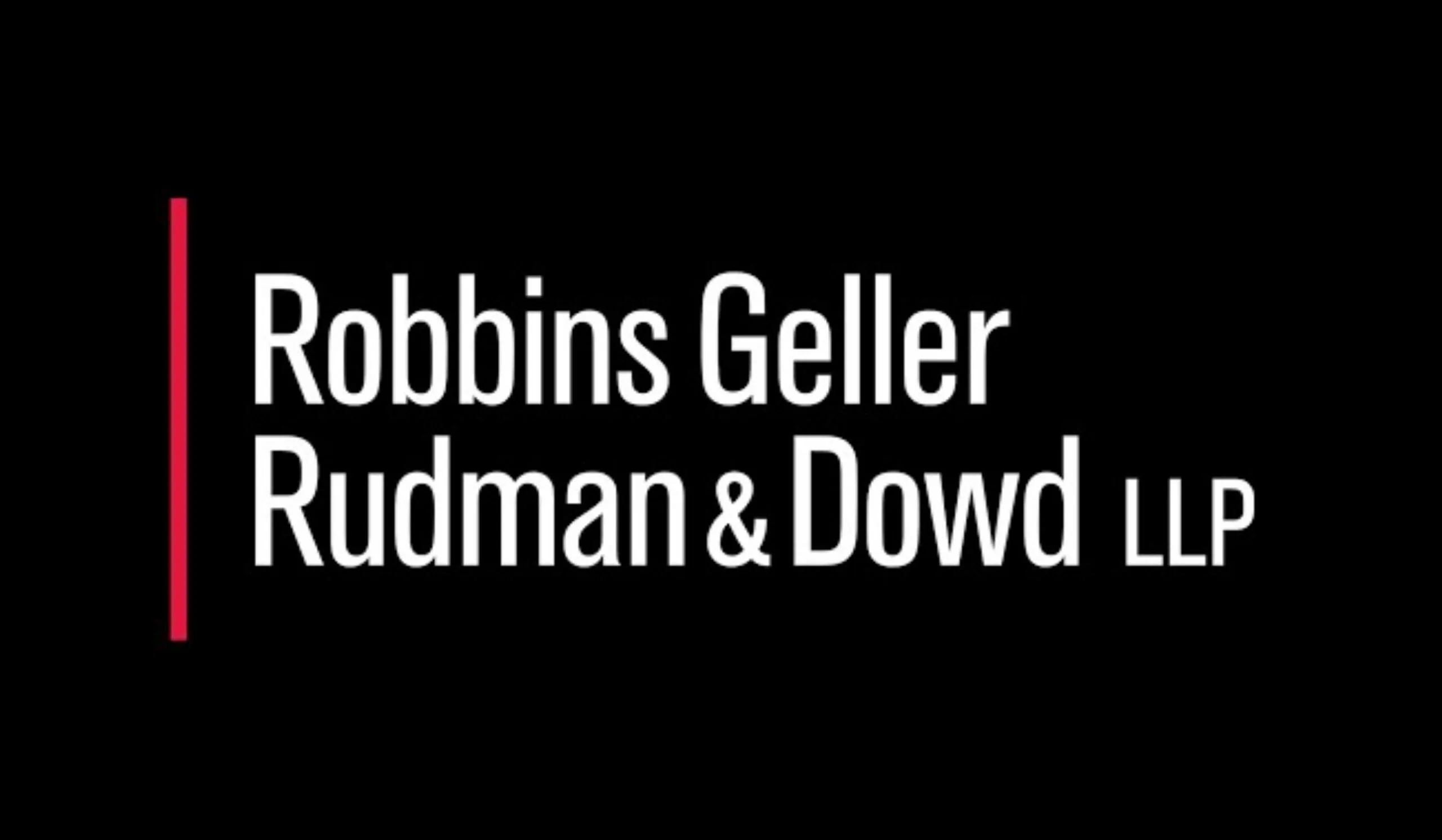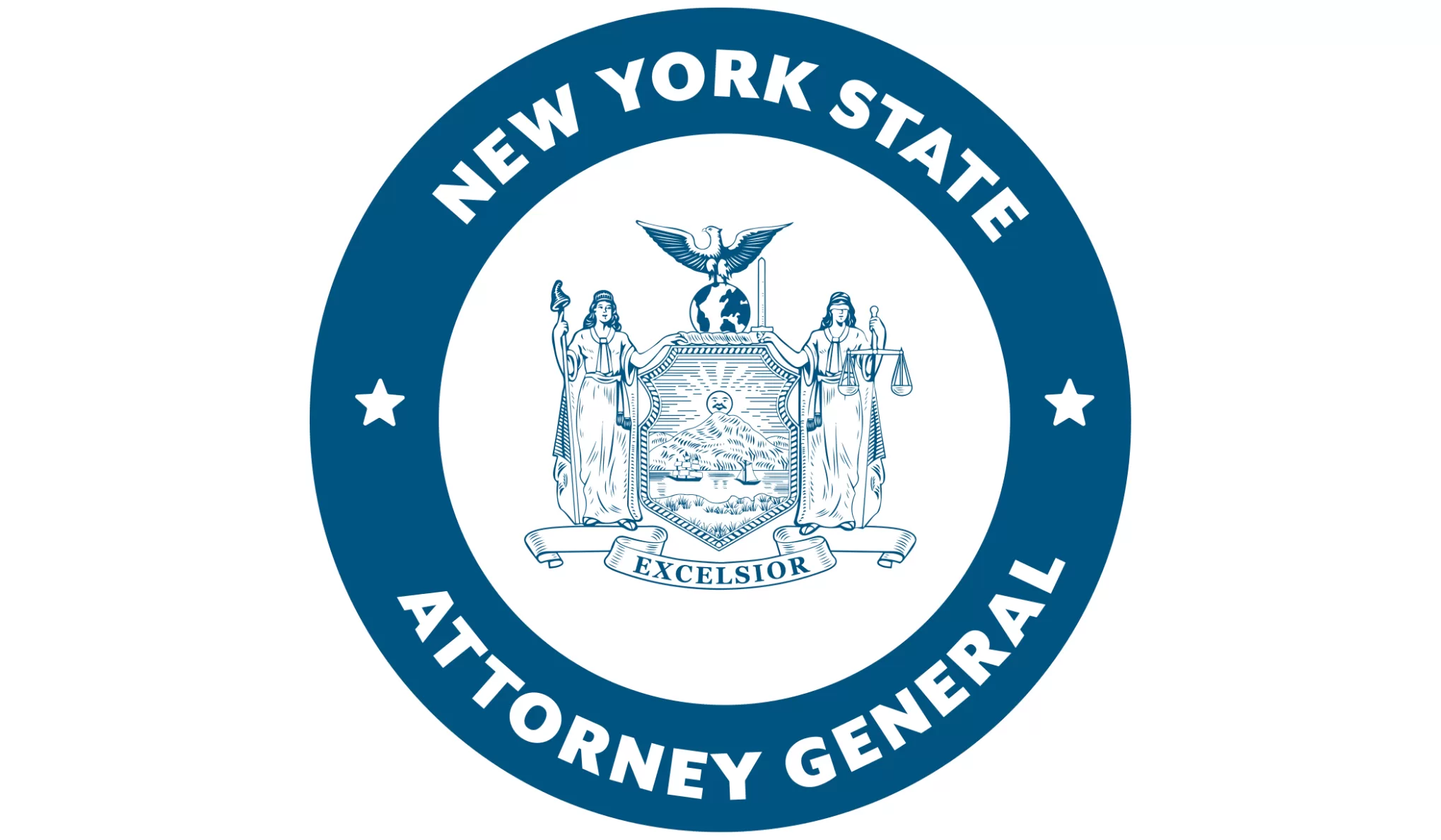By R.S. Errol
In the last segment of this story you read that Eugene Forte filed a lawsuit against Judge Robert O’Farrell only to have O’Farrell assign the case to himself. It is hard to comprehend that anyone with the power that is bestowed on a judge could have the unmitigated gall to totally and deliberately violate a citizen’s right to a fair trial. But this is what actually happened in Monterey County, California.
On December 17, 2004, Forte files his complaint with the clerk of the Monterey County Superior Court, case number M72599.(Read Complaint) This action names O’Farrell in both his public capacity as a judge and his individual capacity as a citizen for civil rights violations against Forte. In addition to the judge Forte names as defendants Dennis McCarthy and the law firm Fenton & Keller as well as real estate agent Stephanie Crabb, along with a host of county employees that participated in the injustices against Forte.
A few months later in February 2005 a Notice of Demurrer to Complaint was filed by the Office of the Attorney General of the State of California and was signed by the Supervising Deputy for Bill Lockyer, Paul T. Hammerness. The document announced that these gentlemen are the attorneys of record for State Judicial Defendant Robert O’Farrell. This is as it should be when it concerns O’Farrell in his public capacity as an employee of the State of California but there was something amiss since O’Farrell was also a defendant in his individual capacity as a citizen. Forte’s main concern was what attorney should he contact with trial related questions for O’Farrell the individual? When Forte raises this question with the Attorney General’s Office he was told that they will defend “both.” Upon further questioning as who constitutes “both,” Forte’s question was met with silence. Is this silence an implied admission that O’Farrell is receiving free counsel at the taxpayers’ expense and the Attorney General is cutting corners with propriety? Additionally, the Attorney General should have conducted an investigation of the charges of corruption regarding O’Farrell’s conduct before undertaking the role as defense counsel. They neglected to do so.
The main thrust of the Notice was to claim that Forte had no grounds to sue the judge because O’Farrell was “clearly acting within his judicial capacity and not in the clear absence of jurisdiction when he held plaintiff in contempt, and ordered plaintiff restrained.” Also it was stated that there is no subject matter jurisdiction for the court to hear this case because, “plaintiff’s contempt conviction was never reviewed and reversed.” Hammerness continues, “The United States and California Supreme Courts long ago established the rule that courts and judges are immune from civil suits arising out of the exercise of their judicial functions.” On the surface this was a very impressive rebuttal if some very germane facts didn’t get in the way of the Attorney General’s argument.
Forte responds to their demurrer with an Opposition to State Judicial Defendant’s Demurrer to Complaint on the Ides of March 2005. In it Forte rebuts each and every point of the demurrer. Forte stresses the Code of Ethics that restrain judges from prejudicial treatment toward all parties in their courtrooms but most importantly he points out that O’ Farrell had no jurisdiction over any of Forte’s legal pursuits since December 19, 2003, when Forte filed the California Civil Procedure 170.6 Peremptory Challenge against O’Farrell prior to O’Farrell arresting Forte. (See Part Three) Specifically, Forte references a plethora of case law that states that the challenge is immediate disqualification of the trial judge and is mandatory. O’ Farrell in fact would not allow Forte to announce his intent to use the peremptory challenge in the above mentioned hearing. Note that a party or attorney who announces the intent to exercise a 170.6 challenge must be given an opportunity to provide the sworn statement required by statute.
The Attorney General’s Office overlooks this fine line of law when they state the judge was acting in his official capacity, therefore being afforded immunity from civil lawsuits. However, Forte counters that all of the case law the defendant is relying upon does not take into consideration that the 170.6 Peremptory Challenge was in play during Forte’s run in with O’ Farrell, thereby eliminating the immunity issue. It is hard to comprehend why the State Attorney General’s Office is so anemic in its response to the lawsuit. One reason may lead one to conclude that clouding the opposition’s issues with nonsensical legal arguments, meant to confuse and stifle the legal process, is the preferred tactic utilized by the establishment. Another reason is that they are caught dead to rights trying to deprive Forte of justice. After reading both the Demurrer and Forte’s Opposition documents it may behoove O’Farrell to reconsider his defense team, that is if he didn’t have the entire Superior Court bench providing cover fire for him.
Three days after Gene filed his Opposition to the Demurrer he filed two additional documents; a “Supplemental Declaration” and a “Supplemental Memorandum of Points and Authorities” (see below) that exposes additional proof of his contentions. In the first document he states that the case was assigned to Judge Adrienne M. Grover in Department 13 of the Monterey Superior Court as of March 14, 2005, but two days later the case is re-assigned to Department 14 the courtroom of Robert O’Farrell. What more blatant disregard for the Canon of Ethics that guard against conflict of interests could there possibly be? The entire case revolves around O’Farrell’s assault on Forte’s civil rights and by the very fact that that Forte must now send all motions and other court documents to the defendant/judge is prima facie proof of the shenanigans being perpetrated by the Monterey Court. The biggest problem Forte is faced with is not about the issue of right and wrong but the issue of judicial procedures that separate the common man from the attorneys.
In July 2005 Gene was handed a set back by Judge John J. Golden in an “Order Sustaining Demurrers to Complaint.” Golden found for the defendant, apparently ignoring Forte’s well thought out case law, by stating that Forte failed to state facts sufficient to constitute a cause of action. He further states that O’Farrell had immunity form a civil suite even though Forte filed a Peremptory Challenge prior to the hearing on December 19, 2003. Actually, Golden omitted mentioning that the challenge was in place and defied the case law that states that it is in force immediately. Somehow the violations of the Canon of Ethics was also overlooked, as well, which is par for the course when you’re playing poker with someone else’s deck of cards. This ruling defies all logic, not unlike sleight of hand card tricks performed by a magician. Let me assure you that this setback is temporary due to the fact that Forte does not cave to the antics of the courts but actually lures his adversaries deeper into his web.
Forte then waits for the Attorney General to prepare the judgment for Golden’s signature and subsequent entry into the court record but it is not forthcoming so Forte being well within his procedural rights prepares the judgment for the judge’s signature. The significance of his actions is lost on the uninformed because Forte’s appeal can not be submitted until the judgment is handed down. Evidently, the AG was stalling with the hope of causing Forte additional stress and aggravation by denying an opportunity for appeal. Judge Golden staying true to form considers this action a motion and schedules a court date for an exparte application hearing regarding his own order for November 23, 2005. Albeit he does delay the process for two more months, which is no doubt the intended consequence.
In late 2005 Forte is made aware of other tawdry activity by a former court clerk in Monterey County. Crystal Powser comes forward with an affidavit of fact regarding Commissioner Rutledge (See first installment) and the general practices of the Superior Court Judges manipulating court cases and court assignments. (Read her affidavit to see what collusion and utter disregard for the rights of others runs rampant in the chambers of Monterey Superior Court. This declaration is not rated PG.)
Once this tidbit was loosed upon the community desperate measures by desperate people had to be taken and fast. On November 19, 2005, Forte receives in the mail a motion to strike and seal the Powser declaration from the Deputy Attorney General. The hearing was set coincidentally for the same time and day of Golden’s hearing about the application for judgment four days hence. The peculiar twist in this schedule is that it precludes Forte the notice affording him time to prepare for the hearing in violation of court procedure. The rhetorical question is, is this another disregard of Forte’s civil rights?
Next month the focus will be on Deputy Attorney General Paul T. Hammerness’ attempt to control the outcome of Forte’s crusade and Monterey County officials trying to avoid subpoenas from Forte to discuss what knowledge they have regarding obstruction of justice and failure to report a crime. It only gets better.












